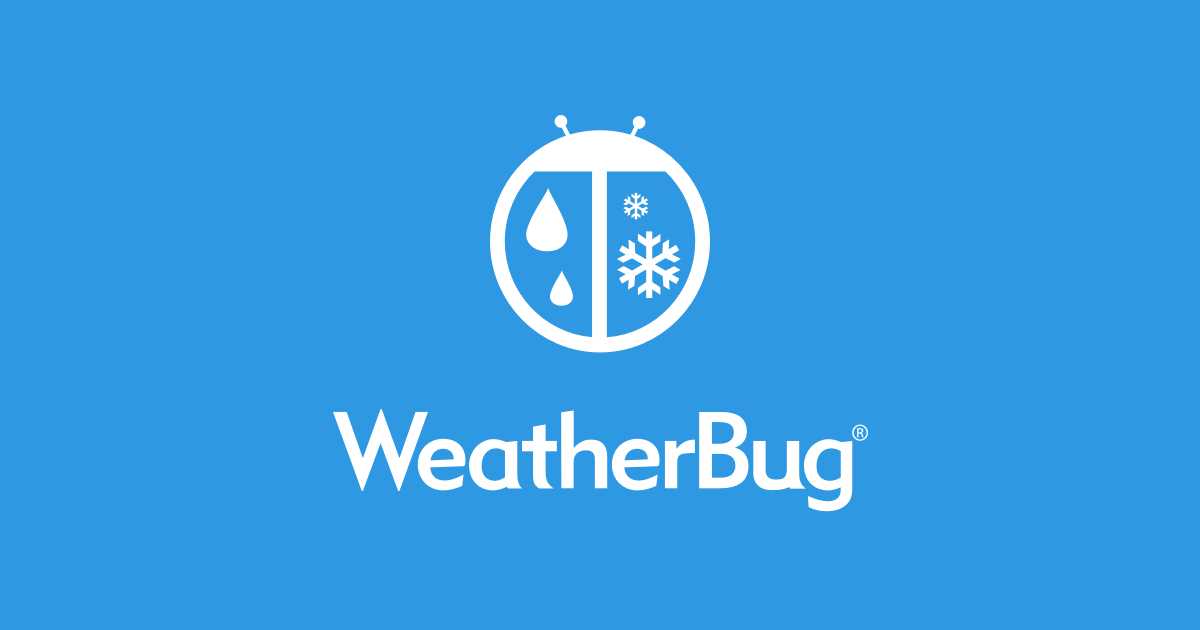
WeatherBug, the location-based smartphone app that tracks weather trends down to the neighborhood level, is now under new ownership.
The app’s Germantown, Maryland-based creator Earth Networks said Tuesday it has sold the app and related brand to New York-based mobile advertising firm xAd Inc. for a sum that wasn’t disclosed. The app will continue to be available under the same name as a result of a data-sharing agreement between the two companies.
With more than 20 million users, WeatherBug is by no means lacking in popularity. Earth Networks chief executive Bob Marshall says the privately held company is parting ways with it to focus on business and government sales, which have been the company’s financial bedrock since its founding in 1993. He also wants to focus on new lines of business, such as energy optimization for utility companies.
“It’s the end of an era but the beginning of an exciting new one,” he said. “With the sale of the WeatherBug asset we now have a very, very healthy balance sheet and can invest in business and data services.”
Earth Networks’s core asset is a vast network of weather sensors set up in neighborhoods around the country. For close to 25 years, the company has sold the neighborhood-level data to a variety of customers: Meteorologists use it to track storm fronts as they sweep across the country. Local public safety administrators use it to monitor severe weather, and federal agencies such as NASA use it for advanced research. Golf courses and ballparks rely on the data for alerts of impending lightning strikes.
“It’s a relatively modest-growth business, but it’s going very, very well,” Marshall said.
When geo-locating smartphone apps became a part of everyday peoples’ lives a few years ago, Earth Networks jumped at the opportunity and created WeatherBug. The app sends automated lightning alerts when stormy weather is approaching and provides readings and forecasts on local weather.
But the app struck an awkward contrast with the company’s other lines of business, which mainly boil down to selling reams of data to large organizations.
“The digital media business, especially in mobile, is a really crowded space where you’re competing with companies like Facebook and Google,” he said.
One of the fastest-growing new revenue-generators for Earth Networks comes from energy utilities. In 2012, utilities across the country started paying Earth Networks for data services. The utilities optimize energy use by triangulating local weather data with in-home thermostat data taken from WeatherBug Home, a smart-thermostat service the company created under the WeatherBug brand.
In anticipation of the sell-off, Earth Networks rebranded its smart-home app “Connected Savings,” allowing it to hold on to the household temperature data seen as critical to its utility sales.
Marshall said in July that utility sales were “in the millions of dollars.” Wednesday morning, he said that utility sales still make up a relatively small portion of the company’s total revenue but that the segment is doubling each year.
(c) 2016, The Washington Post · Aaron Gregg

